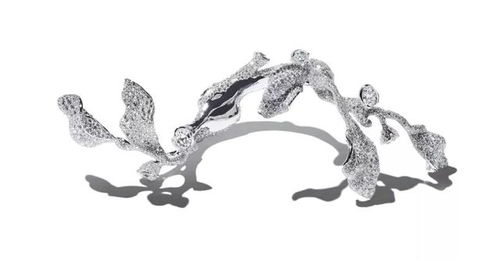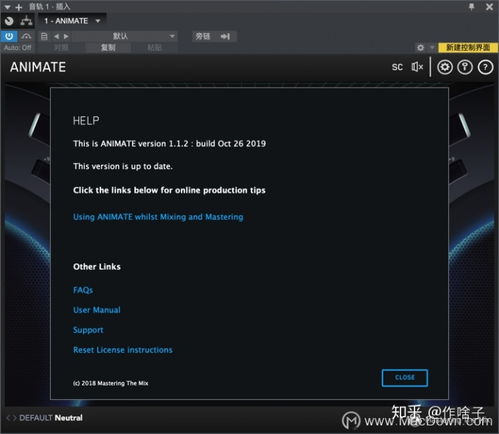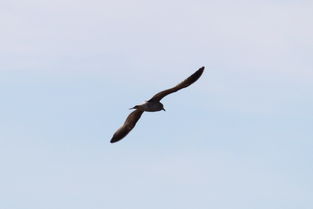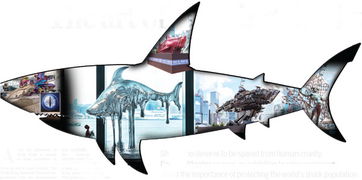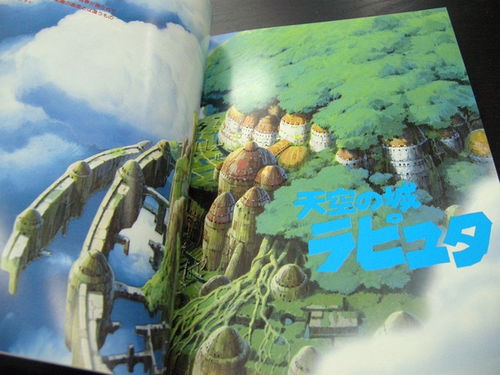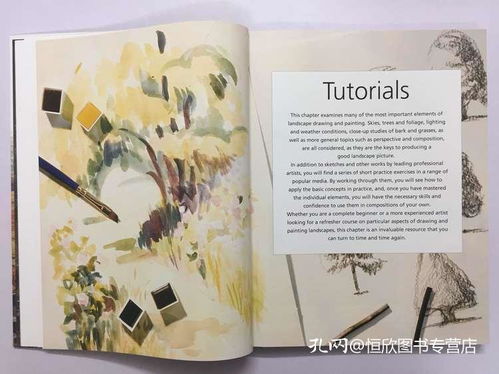Content:
Fishing in large ponds can be an exhilarating experience for anglers of all levels. With their expansive waters and diverse fish populations, these bodies of water offer a unique challenge and a wealth of opportunities. However, to make the most of your time on the water, it's essential to master the art of fishing in large ponds. Below, we delve into the key techniques and tips that will help you become a successful angler in these expansive environments.
Understanding the Pond
Before you cast your line, it's crucial to understand the layout and characteristics of the pond you're fishing. Here are some steps to help you get a grasp of your surroundings:
Study Maps and Aerial Photos: Utilize maps and aerial photos to identify potential hotspots within the pond. Look for areas with deeper water, vegetation, or submerged structures that could attract fish.

Observe the Landscape: Spend some time at the pond's edge or on a boat to visually assess the terrain. Note any areas with visible structure or vegetation that might hold fish.
Understand the Seasons: Fish behavior changes with the seasons. In spring, look for spawning areas. During summer, focus on cooler water and shaded areas. In fall, fish might be more scattered, while winter fish often congregate near the deepest parts of the pond.
Choosing the Right Equipment
The right equipment can make a significant difference in your fishing success. Here's what you should consider:
Rod and Reel: A medium-heavy rod with a spinning reel is ideal for large ponds. The rod should be long enough to handle long casts and strong enough to land large fish.
Line: Use a monofilament line with a breaking strength that matches the potential size of the fish in the pond. Fluorocarbon line is a good choice for its invisibility to fish.
Lures and Baits: Carry a variety of lures and baits to cater to different fish species and conditions. Soft plastics, spinnerbaits, crankbaits, and live bait like worms or minnows are all effective.
Techniques for Successful Fishing
Once you have your equipment and a good understanding of the pond, here are some techniques to help you catch more fish:
Start with the Basics: Cast your lure or bait out and retrieve it slowly. This is often the most effective method, especially for species like bass and catfish.
Use Different Lures: Experiment with different lures to see what the fish are responding to. Sometimes, a subtle change in color or size can make a big difference.
Work the Shallows: In spring and summer, fish often move into the shallows to spawn or feed. Cast near the edges of vegetation or in areas with a drop-off to deeper water.
Focus on Structure: Target areas with structure such as fallen trees, rocks, or submerged objects. These places can provide both cover and food for fish.
Change Your Approach: If you're not getting bites, change your approach. Try different depths, retrieve speeds, or even switch to a different lure or bait.
Use Live Bait: For some species, like catfish or bass, live bait can be highly effective. Use minnows, worms, or leeches depending on the species you're targeting.
Be Patient: Fishing in large ponds can sometimes be frustratingly slow. Be patient and keep experimenting with different techniques until you find what works.
Safety and Etiquette
Always prioritize safety and good angling etiquette when fishing in large ponds:
Check the Weather: Always check the weather forecast before heading out. Thunderstorms can be dangerous on the water.
Stay Informed: Be aware of local regulations regarding fishing in the pond, including size and catch limits.
Respect the Environment: Keep the pond clean by disposing of trash properly and avoiding disturbing the natural habitat.
Share the Experience: If you're fishing with others, share tips and techniques. The more you learn from each other, the better your chances of success.
In conclusion, fishing in large ponds can be both challenging and rewarding. By understanding the pond, choosing the right equipment, employing effective techniques, and adhering to safety and etiquette guidelines, you'll be well on your way to becoming a master angler in these expansive waters. Happy fishing!
